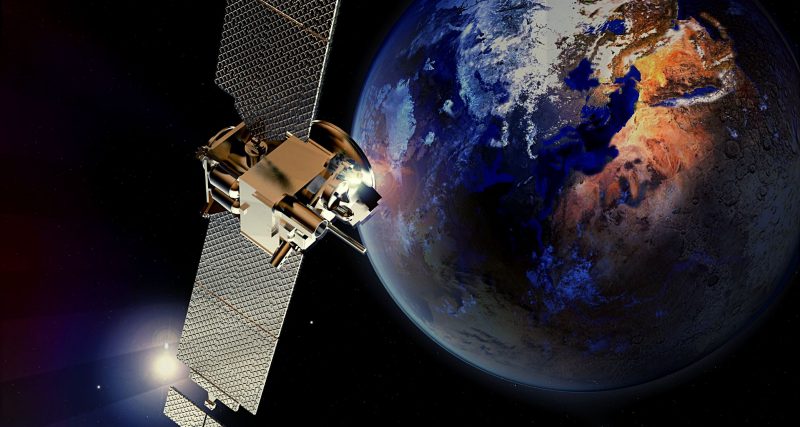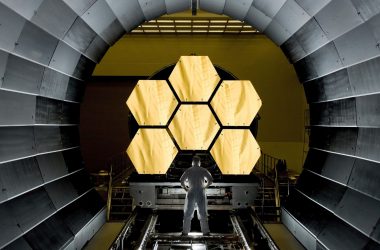Space technology has come a long way since the first satellite was launched in 1957. Over the years, it has advanced to new heights and has revolutionized the way we live on Earth. Today, we have technologies that can monitor and track our environment, help us communicate globally, and even provide us with information about the universe.
Global Positioning System (GPS)
The Global Positioning System (GPS) is a space-based navigation system that provides location and time information anywhere on Earth. The United States initially developed it for military use, but it is now widely used by civilians for a variety of applications.
GPS has transformed the way we navigate and travel, allowing us to easily find our way in unfamiliar places. It has also revolutionized the transportation industry, making it easier for drivers and pilots to navigate and plan routes.
ADVERTISEMENT
Earth Observation Satellites
Earth Observation Satellites (EOS) are used to monitor and track changes on Earth’s surface. These satellites are equipped with sensors that can detect changes in temperature, vegetation, water resources, and other environmental factors.
EOS data is used for a variety of purposes, such as weather forecasting, disaster management, and natural resource management. It is also used to monitor climate change and its impact on the environment.
Satellite Communications
Satellite communications allow us to communicate across the globe, even in remote or inaccessible areas. Satellites are used for telephone, internet, and television communication, as well as for military and emergency communication.
ADVERTISEMENT
Satellite communication has revolutionized the way we communicate, making it easier and faster to connect with people around the world. It has also made it possible for people in remote areas to access the internet and stay connected with the rest of the world.
Space-based Solar Power
Space-based solar power is a technology that involves collecting solar power in space and transmitting it back to Earth. This technology has the potential to provide a virtually unlimited source of renewable energy, without the limitations of weather and location that can affect terrestrial solar power.
Space-based solar power could help to meet the world’s growing energy needs, while reducing our reliance on fossil fuels and reducing carbon emissions. It could also provide power to remote and inaccessible areas that currently have limited access to electricity.
ADVERTISEMENT
Space Exploration
Space exploration has provided us with a wealth of knowledge about our universe and our place in it. It has also led to the development of new technologies that have had practical applications on Earth.
For example, space exploration has led to advances in materials science, robotics, and medical technology. It has also contributed to our understanding of climate change and the impact of human activity on the environment.
Conclusion
In conclusion, space technology has transformed the way we live on Earth, providing us with new tools and resources to help us navigate, communicate, and understand our environment. As we continue to explore the universe, we will undoubtedly discover new technologies and applications that will continue to shape our lives in the future.








